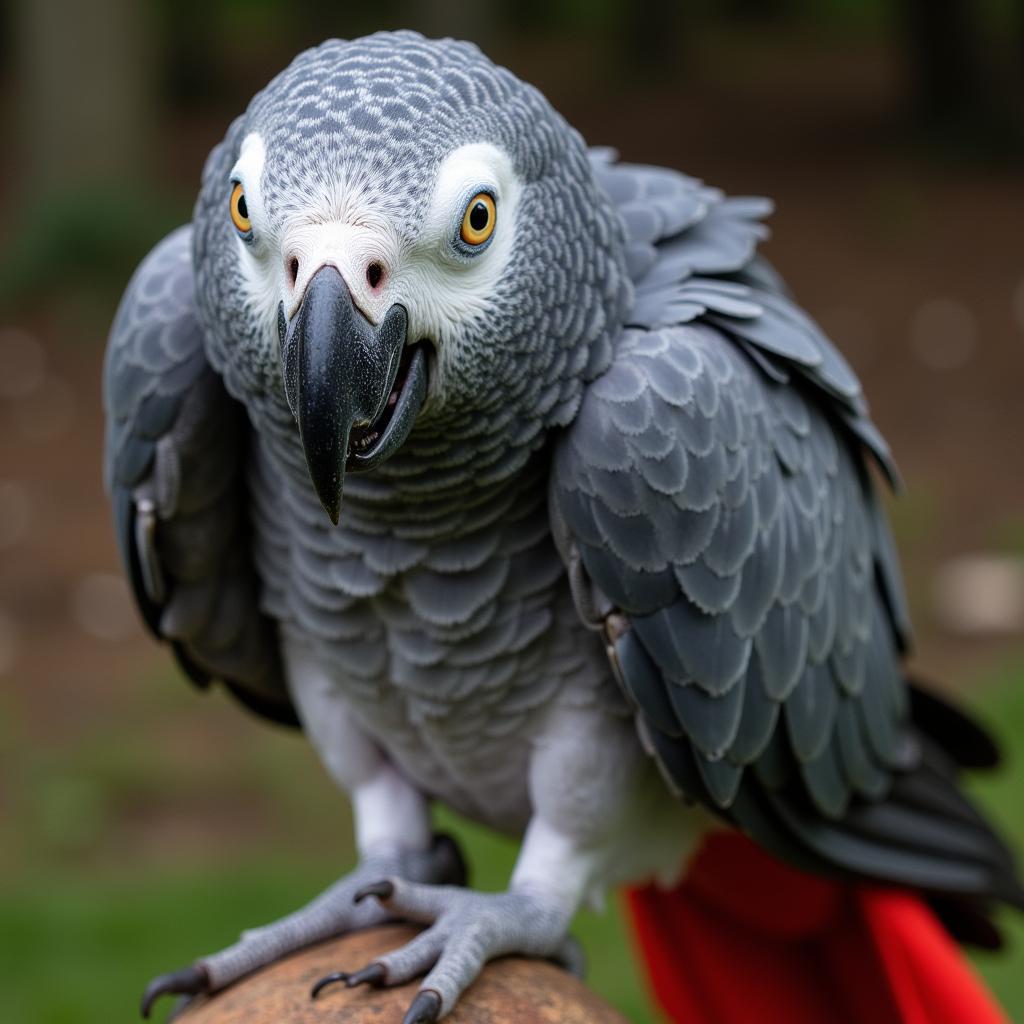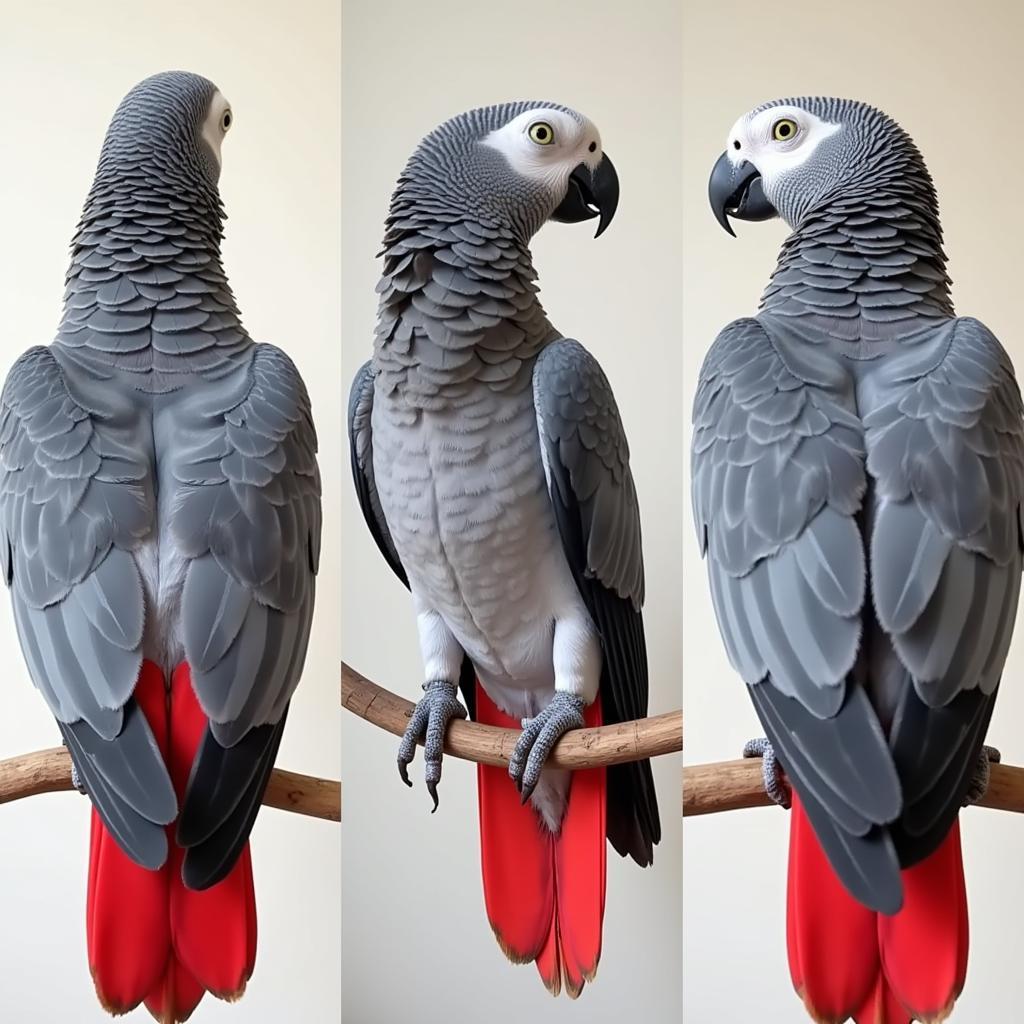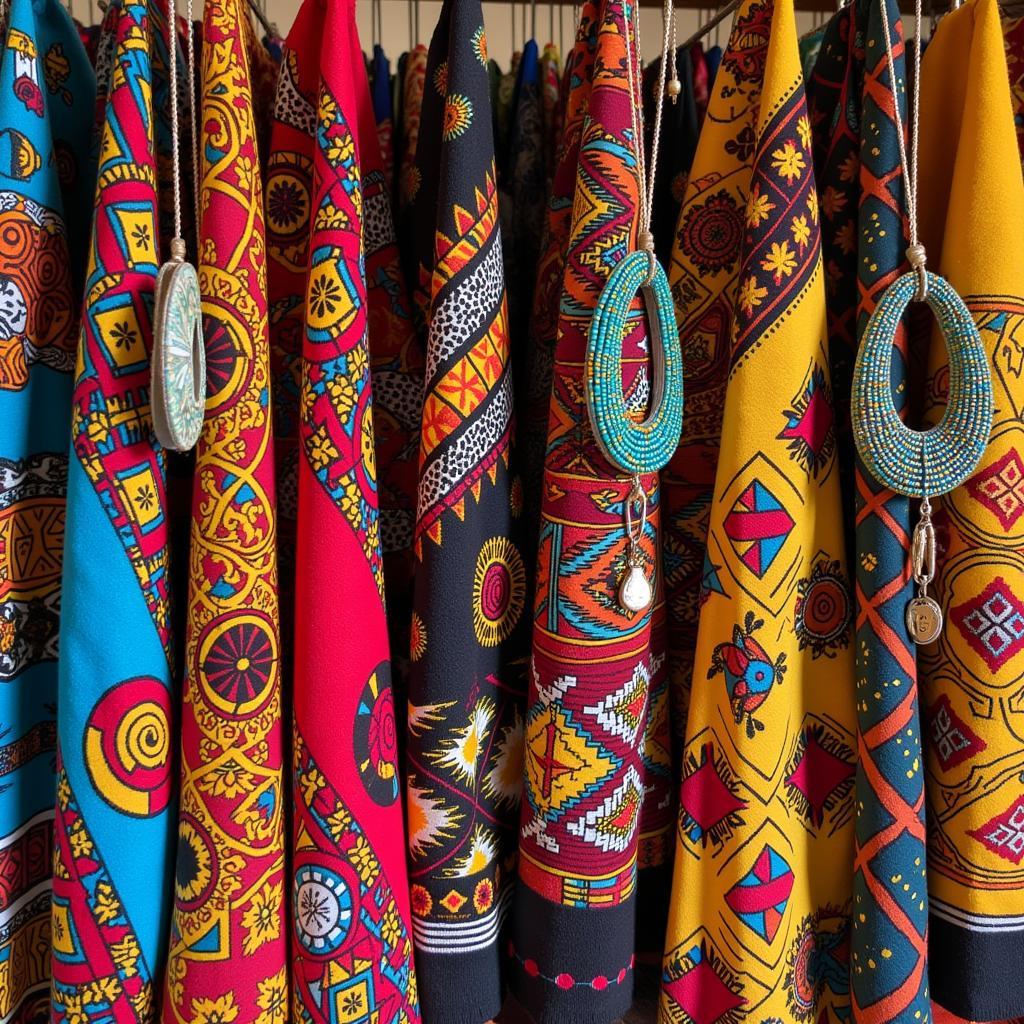African Grey Tail Feathers Gone: Causes and Solutions
Losing tail feathers can be alarming for African Grey parrot owners. Whether it’s a single feather or several missing, understanding why your African Grey’s tail feathers are gone is crucial. This article explores the common causes, potential solutions, and when to seek veterinary advice.
Understanding Feather Loss in African Greys
Feather loss in African Greys can stem from a variety of factors, ranging from natural molting to underlying health issues. It’s essential to differentiate between normal feather shedding and problematic feather loss. While molting is a natural process, excessive feather loss, particularly in the tail, can indicate a problem. Factors such as stress, nutritional deficiencies, or even behavioral issues can contribute to this.
Natural Molting vs. Problematic Feather Loss
Molting is a regular cycle where old feathers are replaced with new ones. This is a gradual process and generally doesn’t leave bare patches. Problematic feather loss, however, can involve rapid loss, often focused in specific areas like the tail. This type of feather loss often points to an underlying issue requiring attention.
Common Causes of Tail Feather Loss
Several factors contribute to tail feather loss in African Greys. Stress, a common culprit, can be induced by changes in environment, new household members, or even boredom. Nutritional deficiencies, particularly a lack of essential vitamins and minerals, can also impact feather health. Behavioral issues like feather plucking, often triggered by stress or boredom, can lead to significant tail feather loss. Lastly, underlying medical conditions, such as parasitic infections or hormonal imbalances, can also manifest in feather loss.
Stress and its Impact on Feather Health
Stress significantly impacts an African Grey’s overall health, including their feathers. Sudden changes, loud noises, or lack of social interaction can trigger stress, leading to feather plucking or abnormal molting.
 Stressed African Grey Missing Tail Feathers
Stressed African Grey Missing Tail Feathers
Nutritional Deficiencies and Feather Growth
A balanced diet rich in vitamins, minerals, and protein is essential for healthy feather growth. Deficiencies can lead to brittle feathers, slow regrowth, and even feather loss.
Behavioral Issues Leading to Feather Loss
Feather plucking, a self-inflicted behavior, is often a sign of underlying stress, boredom, or medical issues. Addressing the root cause is crucial to prevent further feather loss.
Medical Conditions Affecting Feather Health
Certain medical conditions, like Psittacine Beak and Feather Disease (PBFD), can cause severe feather abnormalities, including loss. Consulting an avian veterinarian is essential for diagnosis and treatment.
 African Grey Tail Feather Regrowth
African Grey Tail Feather Regrowth
Solutions and Preventative Measures
Addressing tail feather loss involves identifying and resolving the underlying cause. Creating a stress-free environment, providing a balanced diet, and offering mental stimulation can significantly improve feather health. Consulting an avian veterinarian is crucial for diagnosing any medical conditions and ensuring appropriate treatment.
Creating a Stress-Free Environment
Minimizing stress triggers, providing a consistent routine, and offering plenty of social interaction can help reduce stress-related feather loss.
Ensuring a Balanced Diet for Feather Growth
A diet rich in fruits, vegetables, high-quality pellets, and occasional healthy treats ensures your African Grey receives the necessary nutrients for healthy feather growth.
Addressing Behavioral Issues
Providing mental stimulation through toys, foraging opportunities, and social interaction can help curb feather plucking and promote healthy feather development.
Seeking Veterinary Advice
If you suspect a medical condition is contributing to feather loss, consulting an avian veterinarian is essential for proper diagnosis and treatment.
Conclusion
Losing tail feathers in African Greys can be a sign of various underlying issues. By understanding the potential causes and implementing appropriate solutions, you can help your feathered friend regain their beautiful plumage. Remember, consulting an avian veterinarian is always recommended if you’re concerned about your African Grey’s feather health.
FAQ
- How long does it take for tail feathers to grow back? Tail feather regrowth varies, typically taking several months.
- Is tail feather loss always a sign of a problem? No, molting is a natural process. However, rapid or excessive loss warrants investigation.
- Can stress really cause feather loss? Yes, stress is a significant contributor to feather plucking and abnormal molting.
- What should I feed my African Grey for healthy feathers? A balanced diet with fruits, vegetables, high-quality pellets, and occasional treats.
- When should I see a vet about feather loss? Consult a vet if the feather loss is rapid, excessive, or accompanied by other symptoms.
- How can I prevent my African Grey from plucking its feathers? Reduce stress, provide a stimulating environment, and ensure a balanced diet.
- Are there any supplements that can help with feather growth? Consult your vet before giving any supplements.
Need more help? Contact us: Phone: +255768904061, Email: [email protected] or visit us at Mbarali DC Mawindi, Kangaga, Tanzania. We have a 24/7 customer service team.


